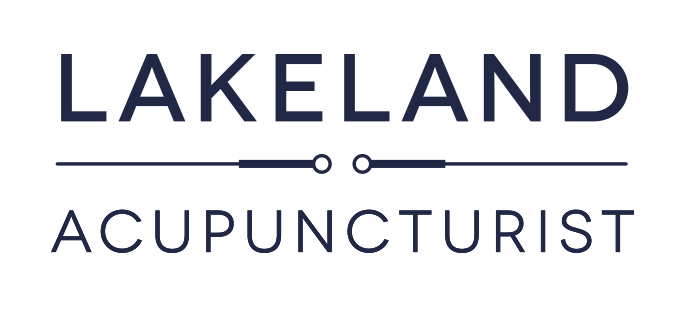
Acupuncture as an Alternative to Drug Therapy for Depression
Chinese Medicine helps peoples with depression
Almost 38 million Americans suffer with chronic anxiety or depression. One out of eight adults are currently taking antidepressant medications. While these medications can offer support and benefit on certain occasions, there are indeed many people that do not respond well to this form of treatment. This can be due to a number of factors including:
-Various side effects that outweigh the benefits of the medication
-A developed tolerance to the medication that causes the benefits to diminish
-Excessive sensitivity to the concentrated nature of these medications
-A belief system that suggests that the depression is not due to a biochemical imbalance, or that this imbalance is the result of a deeper spiritual issue
In our practice, we have cared for many patients who were convinced that they had run out of options after finding medications and/or talk therapy to be ineffective for their needs. Many of these people try acupuncture as a last resort. Based on the experience I have had in working with numerous patients who suffer from chronic depression, I now firmly believe that Chinese medicine, nutritional supplementation, meditation, and yoga can offer tremendously helpful support in healing the root causes of this epidemic.
This approach is much more comprehensive and much less invasive to the brain that using SSRI medications. It accounts for not only biochemical factors, but also energetic, nutritional, and spiritual influences as well.
Acupuncture
Practiced for over 2,500 years, acupuncture is a branch of Chinese medicine that treats the energetic level of the human body/mind. As surprising as it is to most people, acupuncture is usually a profoundly relaxing experience that establishes a deep quality of restoration and balance to the central nervous system. Most people feel altered, floaty, dreamy, or sleepy after treatment as feel-good hormones like endorphins and oxytocin are released into the bloodstream. This feeling tends to stick around for a few hours after the treatment and becomes a more continuous experience with repetitive treatment. Acupuncture works by balancing the flow of Qi, or internal life force, in the body. Anxiety is typically a byproduct of weak Qi in the heart or kidneys. Other symptoms such as low back pain, heart palpitations, insomnia, irritability, or nightmares commonly accompany the depression.
Herbal Therapy
There are a number of Chinese herbal formulas that can work wonders for depression. We utilize combinations of various herbs (called herbal formulas) that can safely work along other drugs and accentuate the acupuncture treatment- making the results of the treatment last longer.
Nutrition
One of the most important considerations here is to maintain stable blood sugar throughout the day. The majority of anxiety patients suffer from hypoglycemia. They tend to eat refined carbohydrates and/or drink coffee to start the day, only to experience the typical ‘crash’ around 2-4pm. To keep the blood sugar stable, begin the day with a high protein breakfast such as eggs, turkey bacon, whole oats, or smoothies with whey or goat protein in them. Eat a low glycemic snack every 2-3 hours. Avoid coffee and other forms of caffeine. It can also be revealing to avoid allergenic foods such as wheat, gluten, pasteurized dairy, and refined sugar for one month to see if the depression significantly improves. Nutritional supplements that can be very helpful in treating depression are 5HTP, Fish oils, B vitamin complexes and minerals.
Meditation and Yoga
Many people find meditation and yoga to be their most powerful allies in healing depression. With regular practice of various breathing techniques and yoga postures, people often feel that they have much more control over the depression and that it need not run their life anymore. These practices can be direct gateways to the rest and restore mode of the nervous system. On a deeper level, they can help us forge a spiritual connection with our lives that instills an unshakable sense of trust and safety in the workings of the universe.
From a holistic perspective, our symptoms are never random. There is always a reason why they creep up. In the case of depression, it is helpful to disengage from our personal feelings about it and look at the bigger picture. What is the depression telling us about ourselves and where we are at in life? Is it a warning sign that something is amiss and needs to be acknowledged or changed? In any regard, the practices mentioned here can offer a profound level of support in getting to the root of the problem and inducing a gentle course in a new direction of inspiration and insight.








Comments closed
No comments. Leave first!